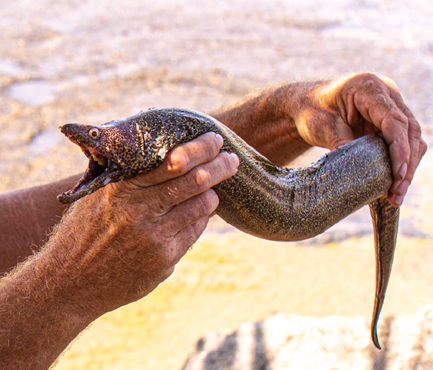Summer 1970
 This Chinese
character, (commonly used in written Korean), means Summer.
This Chinese
character, (commonly used in written Korean), means Summer.
Giles Ryan
© Copyright 2024 by Giles Ryan


Photo by Lucia Barreiros Silva at Pexels.
|
Summer 1970
Giles Ryan © Copyright 2024 by Giles Ryan  |
 Photo by Lucia Barreiros Silva at Pexels. |